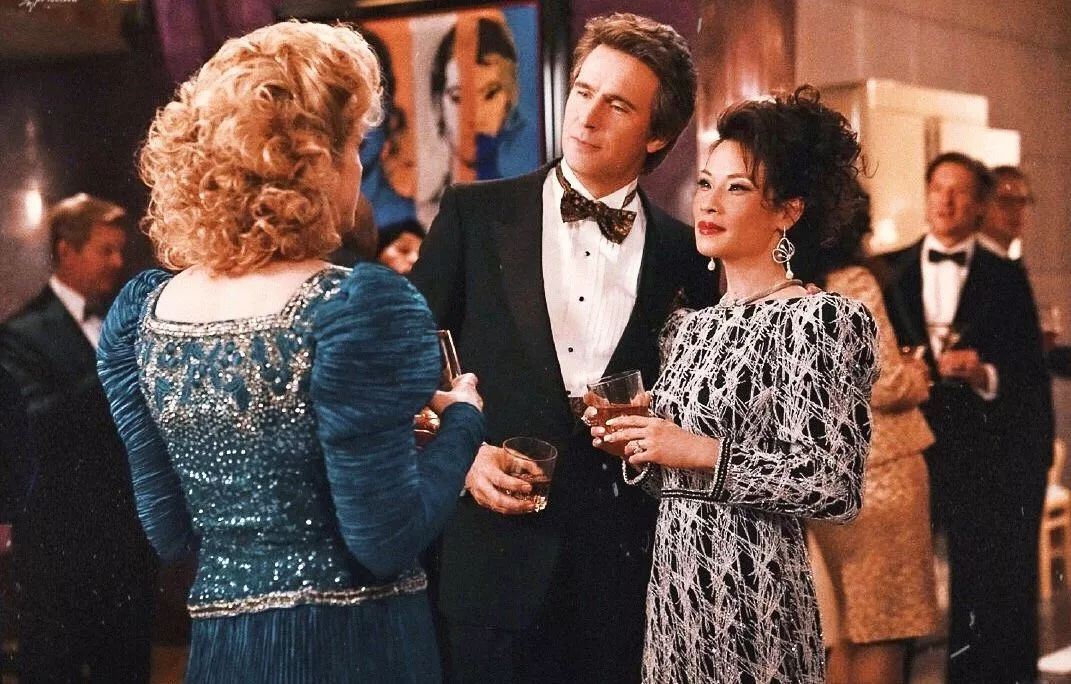### Why Did Peter Pan Kill Himself? An In-Depth Exploration of the Darker Themes in J.M. Barrie's Classic
#### IntroductionThe question, Why did Peter Pan kill himself?, evokes a mix of curiosity and concern, as it challenges the conventional understanding of on……
#### Introduction
The question, Why did Peter Pan kill himself?, evokes a mix of curiosity and concern, as it challenges the conventional understanding of one of literature's most beloved characters. Peter Pan, the boy who never grows up, is often associated with innocence and adventure. However, beneath the surface of this whimsical tale lies a complex narrative that can be interpreted through various lenses, including psychological and existential themes. In this article, we will delve into the darker aspects of Peter Pan's character and the implications of the question posed.
#### The Nature of Peter Pan
At first glance, Peter Pan seems to embody the spirit of childhood—carefree, adventurous, and eternally youthful. However, upon closer examination, we begin to see a more troubled figure. He is a character who resists the inevitability of growing up, choosing instead to live in a fantasy world. This refusal to mature can be interpreted as a form of escapism, leading to a deeper inquiry into his psyche. The question, Why did Peter Pan kill himself?, may not refer to a literal act of suicide but rather to a metaphorical death—the death of his childhood innocence and the rejection of adult responsibilities.

#### The Concept of Neverland
Neverland, the fantastical realm where Peter resides, serves as a refuge from the complexities of the adult world. In this magical land, Peter can control his environment and avoid the burdens that come with growing up. However, this idyllic setting is also a prison of sorts, trapping him in a cycle of perpetual youth. The question arises: what happens when the realities of life inevitably encroach upon his sanctuary? The idea of Peter Pan's suicide can be seen as a reflection of the struggle between the desire to remain a child and the unavoidable passage of time.
#### Psychological Interpretations

From a psychological standpoint, Peter's behavior can be examined through various theories. One could argue that he exhibits traits of a classic Peter Pan syndrome, where individuals refuse to take on adult responsibilities. This refusal can lead to feelings of isolation and despair, as they grapple with the consequences of their choices. The notion of Why did Peter Pan kill himself? can symbolize the internal conflict faced by those who cling to their childhood, ultimately leading to self-destructive behavior.
#### The Role of Relationships
Peter's relationships with other characters also shed light on his struggles. His interactions with Wendy, the Lost Boys, and Tinkerbell reveal a deep-seated fear of abandonment and rejection. Peter's inability to form lasting connections can be seen as a defense mechanism against the pain of growing up and losing loved ones. This fear may manifest in a metaphorical sense of suicide, where he sacrifices meaningful relationships to maintain his carefree existence.

#### Conclusion
In conclusion, the question Why did Peter Pan kill himself? serves as a powerful entry point into a deeper analysis of J.M. Barrie's classic tale. While Peter Pan is often celebrated for his adventurous spirit, it is essential to acknowledge the darker themes that permeate the narrative. The struggle between childhood and adulthood, the complexities of relationships, and the psychological implications of eternal youth all contribute to a richer understanding of Peter's character. Ultimately, the story of Peter Pan is not just about the joys of childhood but also about the profound challenges that come with the passage of time and the acceptance of reality.